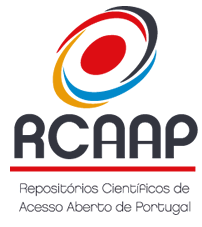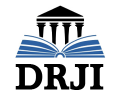A gestão educacional com o i-Educar: análise da viabilidade de implantação no município de Palotina – Paraná
DOI:
https://doi.org/10.5433/1679-0383.2018v39n1p65Palabras clave:
i-Educar, Software Educacional, Gestão EducacionalResumen
A sociedade moderna vive um modelo de organização política, cultural e administrativa em que a gestão eficiente das instituições públicas adquiriu centralidade e contornos gerenciais. No caso das instituições de ensino não é diferente, na medida em que a gestão escolar também tem sido discutida sob a ótica da qualidade e da eficiência. No contexto de desenvolvimento e evolução das novas tecnologias de informação e comunicação, a administração destas instituições requer pessoas que possam utilizar informações gerenciais para tomar decisões ágeis, assertivas, de qualidade e baixo custo. Tais requisitos quanto ao trato das informações podem ser alcançados mais facilmente quando se utilizam software gerenciais que automatizam o sistema de informação, monitoramento e controle. Neste artigo, analisamos a aplicação do software livre denominado i-Educar, que auxilia na gestão de informações educacionais, apontando para a viabilidade de sua implantação no município de Palotina, no Estado do Paraná. Após serem apresentadas e analisadas as suas principais características e funcionalidades, conclui-se pela adequação deste sistema à realidade educacional do município, dado a inexistência neste de programas para o planejamento e gestão dos dados educacionais.Descargas
Descargas
Publicado
Cómo citar
Número
Sección
Licencia
Semina: Ciências Sociais e Humanas adopta la licencia CC-BY-NC para sus publicaciones, siendo el copyright del autor, en los casos de republicación recomendamos que los autores indiquen la primera publicación en esta revista.
Esta licencia permite copiar y redistribuir el material en cualquier medio o formato, remezclarlo, transformarlo y desarrollarlo, siempre que no sea con fines comerciales. Y debe darse el debido crédito al creador.
Las opiniones expresadas por los autores de los artículos son de su exclusiva responsabilidad.
La revista se reserva el derecho de introducir cambios normativos, ortográficos y gramaticales en los originales para mantener el nivel culto de la lengua y la credibilidad del vehículo. No obstante, respetará el estilo de redacción de los autores. Los cambios, correcciones o sugerencias de carácter conceptual se enviarán a los autores cuando sea necesario.

















